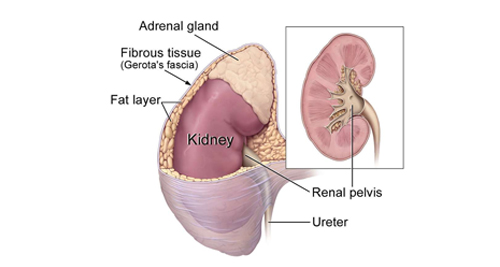Complications and Prognosis in ARPKD
The course of ARPKD is highly variable. While some infants face life-threatening complications shortly after birth, others live well into adulthood with managed symptoms. Knowing the potential complications and prognosis in arpkd helps families and healthcare providers prepare for and respond to challenges as they arise.
Kidney complications:
- Chronic kidney disease (CKD): Progressive decline in function is expected
- Hypertension: Nearly universal, can be difficult to control
- End-stage renal disease (ESRD): May develop in childhood or adolescence
- Dialysis dependence: For those with severe kidney failure
Liver complications:
- Congenital hepatic fibrosis: Leads to scarring and potential liver failure
- Portal hypertension: Can cause internal bleeding or enlarged spleen
- Cholangitis: Repeated infections of the bile ducts
Growth and development:
- Children may experience delayed growth and puberty
- Physical activity may be limited by fatigue or illness
- Learning difficulties can occur due to chronic illness-related school absence
Psychosocial impact:
- Repeated hospital visits, procedures, and dietary restrictions can affect a child’s mental wellbeing
- Parents and siblings often experience stress, anxiety, or burnout
Prognosis depends on several factors:
- Age at diagnosis (earlier onset often means more severe disease)
- Kidney and liver involvement severity
- Access to medical care, particularly dialysis and transplant services
Complications and Prognosis in ARPKD
In South Africa, children who reach adolescence with stable organ function may live for decades with good quality of life. Paediatric kidney transplants are successful in major centres, offering long-term relief for some.
While the condition is serious, the prognosis is not hopeless. With support, planning, and proactive care, children with ARPKD can live meaningful lives — often filled with resilience, hope, and joy despite the challenges.
Navigating Daily Life with Compassion and Structure
Living with ARPKD goes far beyond managing medical appointments — it requires a stable routine, emotional resilience, and a deep understanding of a child’s changing needs. Families often become expert caregivers, adapting their homes, schedules, and priorities to meet the complex demands of the condition. Structured daily care, like consistent medication routines and dietary monitoring, helps manage symptoms while giving children the best possible quality of life.
Empowerment Through Support and Connection
No family should walk this path alone. Support systems — from healthcare providers to community networks and rare disease organisations — play a vital role in sustaining long-term care and emotional wellbeing. In South Africa, these resources may vary by region, but even small connections can offer life-changing reassurance. With the right tools, guidance, and mindset, families can move beyond simply coping, and instead begin building a hopeful, empowered future for their child with ARPKD.
👉 [Next: Living with ARPKD – Family Support and Daily Life]


